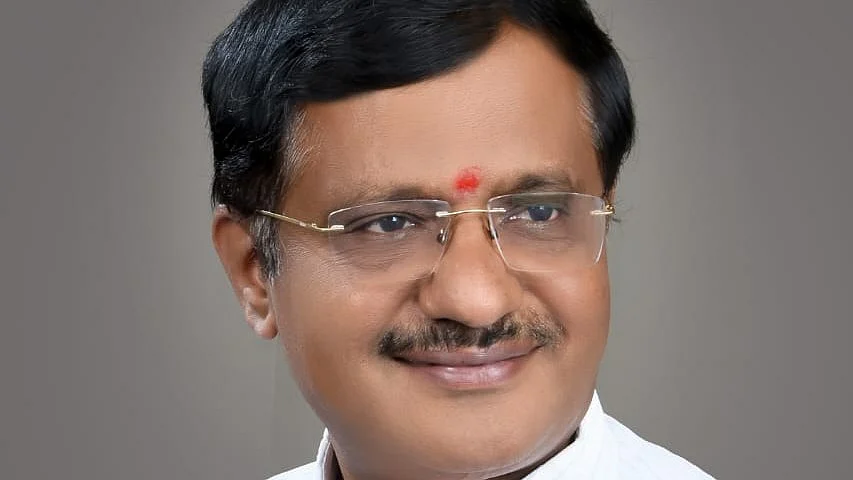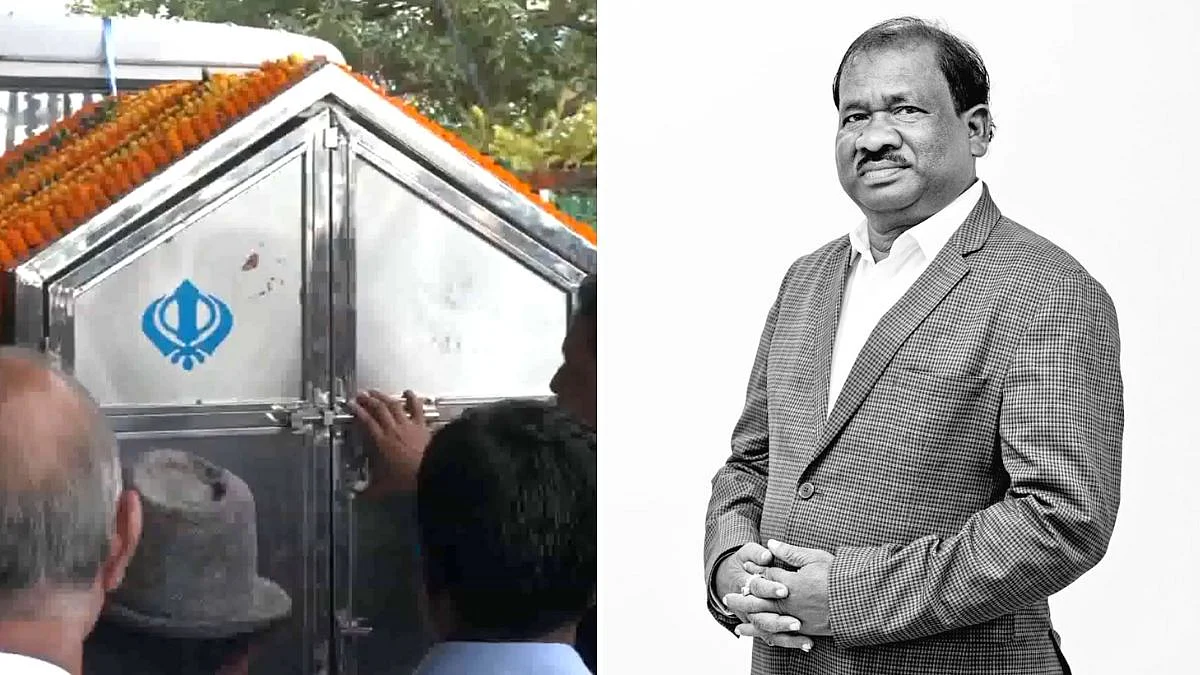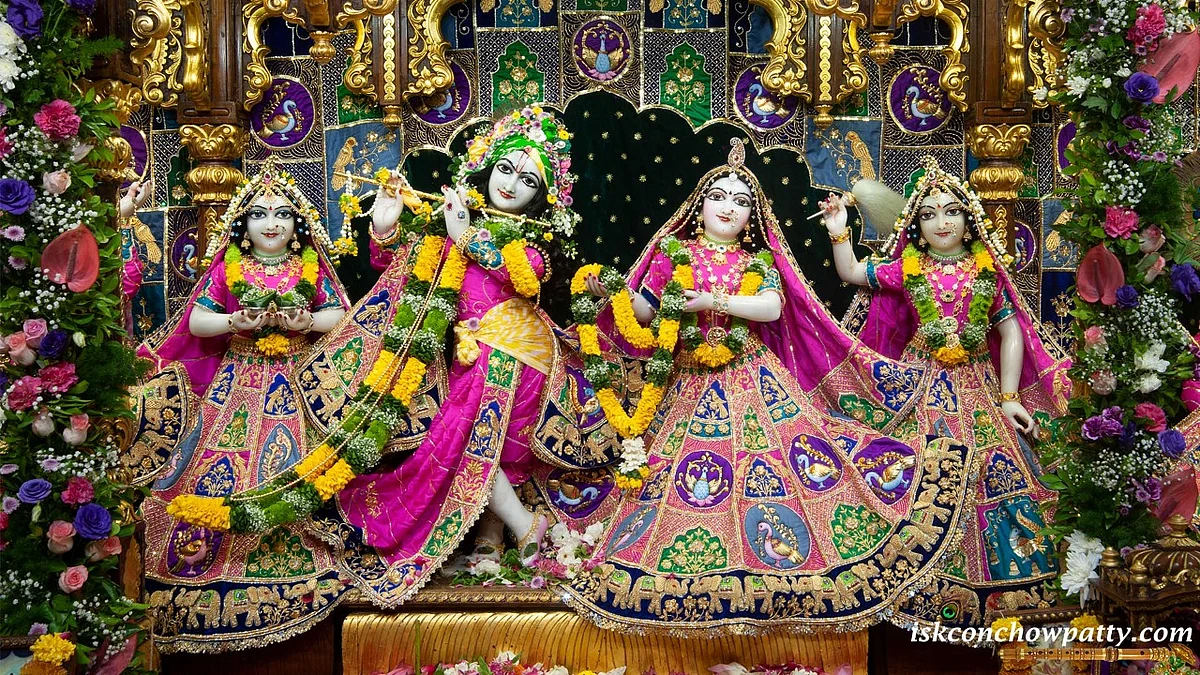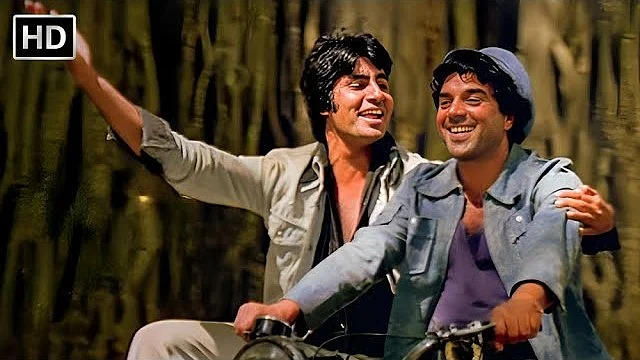Extraordinary situations warrant extraordinary steps. That is precisely what a three-member Bench of the Supreme Court did the other day when it ordered the District Magistrate of Panipat, Haryana, to produce all the Electronic Voting Machines (EVMs) used in the election of a sarpanch in Buana Lakhu village. The election, held in November 2022 as part of the statewide three-phase civic polls, saw Kuldeep Singh declared the winner over Mohit Kumar by a margin of 313 votes. In due course, Singh duly assumed office. However, when Kumar challenged the result, the Election Tribunal ordered a recount—which showed Singh had actually polled fewer votes than Kumar. Ordinarily, the matter should have ended there. But Singh approached the Punjab and Haryana High Court with the peculiar argument that once the Returning Officer declared a winner and issued a certificate, no authority could overrule it.
The only recourse left for Kumar was to challenge Singh’s election—a process that could drag on for years, perhaps even beyond the five-year term. This impasse pushed Kumar to move the Supreme Court. For the first time in its history, the apex court ordered a recount within its own premises, under CCTV surveillance. The recount revealed that in one booth, votes cast for Kumar had been wrongly recorded for Singh. The corrected tally gave Kumar a victory margin. Now, it is for the District Magistrate to determine whether this was a clerical mistake, as claimed, or a deliberate attempt to subvert the election. The incident brings to mind the Chandigarh mayoral election, involving just 35 ballot papers, where presiding officer Anil Masih was caught on camera invalidating some of the ballot papers to favour the BJP. His “unconditional apology” spared him jail time—a leniency that hardly inspires public confidence. Malpractices by political parties and candidates may not be entirely preventable. However, the integrity of elections depends on the readiness of authorities to treat every violation as actionable, without fear or favour.

Election officials are expected to act with neutrality, justice, and impartiality—the very qualities that reassure citizens that their votes matter. Unfortunately, doubts about the political bias of even the Chief Election Commissioner and election commissioners are growing louder. Criticism is no longer confined to opposition leaders like Rahul Gandhi; even some BJP figures allege manipulation of voter lists to tilt outcomes. When voters begin to suspect that the democratic playing field is being skewed, the very foundation of electoral legitimacy starts to crack. The Supreme Court’s intervention in the Buana Lakhu case is a reminder that democracy survives only when every vote is counted honestly—and seen to be counted honestly. In the end, the health of our republic rests not just on casting ballots but on trusting that the count is beyond question.










